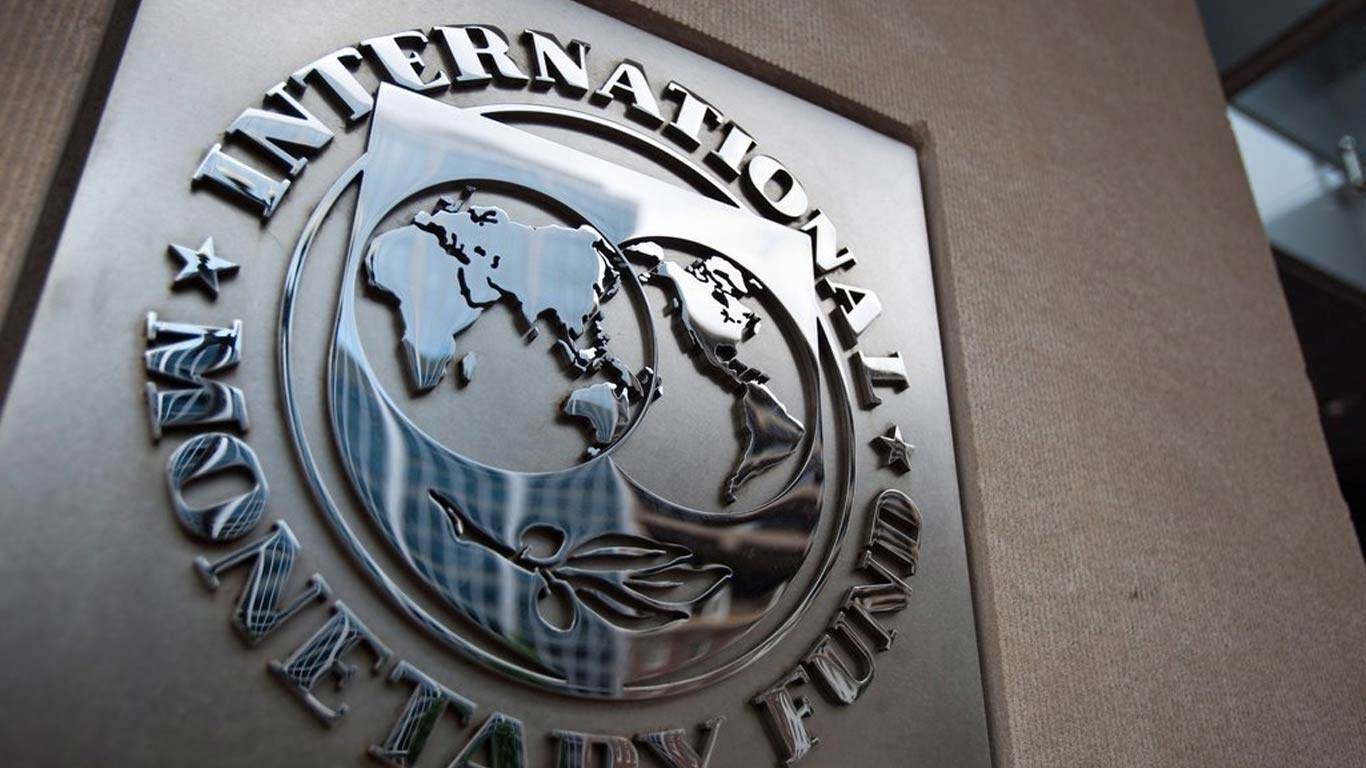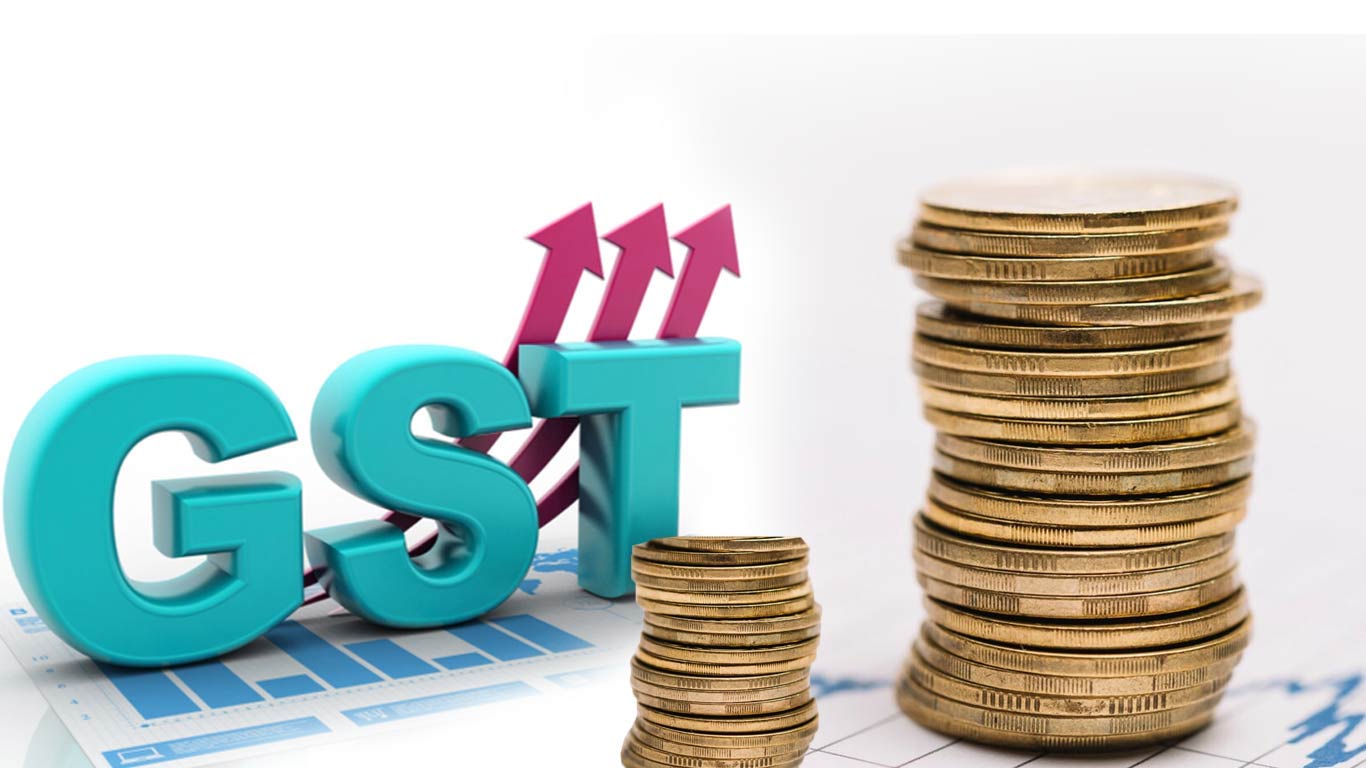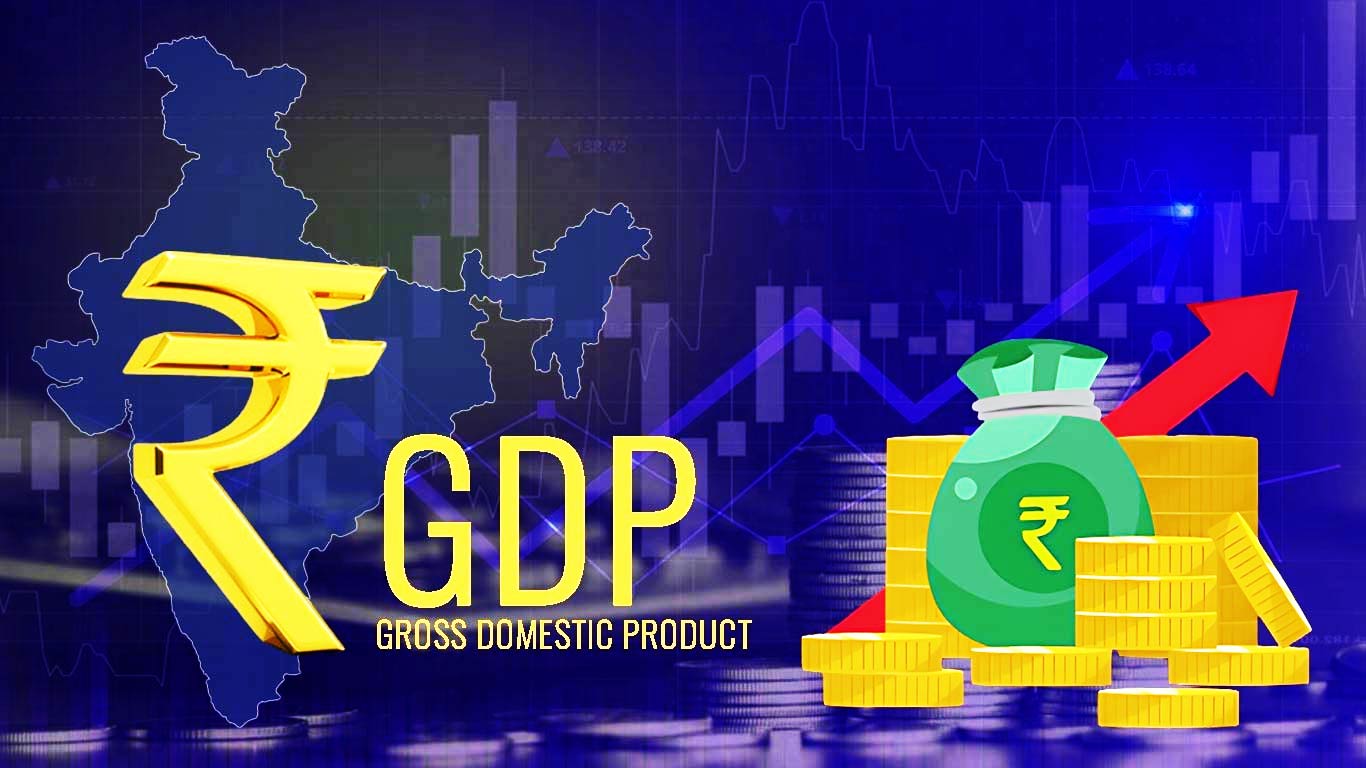Reforms poised to put India on a strong, sustainable & inclusive growth path, OECD says
Updated: Nov 19, 2014 12:14:44pm

The Survey, presented here by OECD Chief Economist Catherine L Mann and Chief Economic Adviser to the Government of India, Arvind Subramanian notes that India slowed more than many other countries since 2011, but is now recovering faster. India’s GDP should grow by more than 6.5 percent annually in the coming years, according to an official release from the Organisation of Economic Co-operation and Development (OECD).
Investment and exports are driving the rebound, but growth will be sustained at a stronger pace if further steps are taken.
In the near term, stable and lower inflation and smaller deficits are needed. Structural improvements to the business climate are crucial for medium term growth, and in the longer-term, health improvements and increased female participation in the labour market will sustain strong and inclusive growth, it said.
Commenting on the survey, “The Indian economy is coming out of some tough times in recent years, with a steep decline in growth, stubbornly high inflation and a wide current account deficit, but the situation is now improving,” Mann said.
“Key reforms in the business environment, to labour markets and to infrastructure will bring economic growth back to the higher levels seen in the recent past, create good jobs and improve well-being for all Indians,” she added.
The OECD identifies policies critical for future growth. It says India should formally adopt a flexible inflation-targeting framework, which will help contain inflation expectations and provide support for saving and investment. It also suggests implementing a broad national value-added tax (GST) and cutting energy subsidies, as part of wider efforts to put public finances on a stronger footing.
In addition, the Survey draws attention to the long-term challenges facing India - notably the need to create better-quality jobs for those currently working in the informal sector, as well as to provide employment for the massive influx of young people into the labour force over the coming decades.
It points out that reducing barriers to manufacturing growth, which has contributed relatively little to growth of GDP or exports, will be critical. The survey discusses the need for a simpler and more flexible labour law, covering more workers, coupled with better education and training programmes.
Significantly, “India’s reform agenda should also seek to increase women’s economic participation rates, which are often drastically below those of men. Gender-specific policies – including better implementation of gender-related laws on employment and wages - will be necessary to enlarge economic opportunities for women, but the long-term impact could be significant: more and better jobs for women would raise equity and boost growth by over 2 percentage points annually,” the OECD said.
Ensuring better living conditions for all Indians – notably access to sanitation – and putting additional public resources into health care would improve health outcomes and contribute to more inclusive growth and well-being, the OECD added. (KNN/ES)











